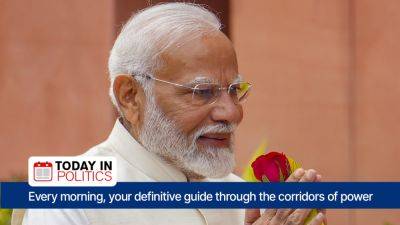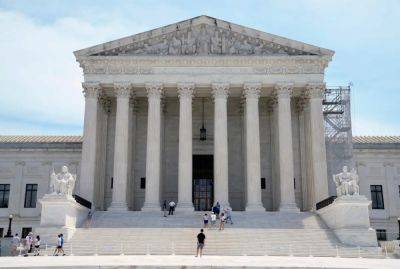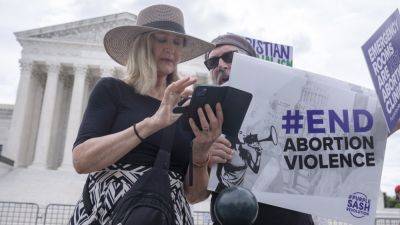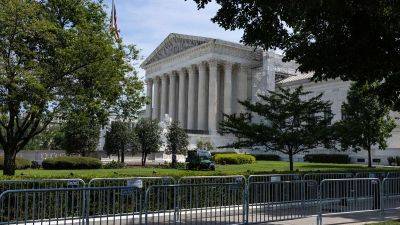In Emergency narrative, Modi seeks to nip Cong green shoots in bud, eyes state polls
At 3 am on June 26, 1975, the police arrived at the Gandhi Peace Foundation at Delhi’s Rouse Avenue. The eeriness was broken by the bark of a stray dog in the distance and the sound of a train passing by on the railway track behind the red brick building.
The Gandhi Peace Foundation had been the hub of a movement against Prime Minister Indira Gandhi in the preceding months, the venue of strategy meetings on how to bring about a ‘Total Revolution’ led by the youth of Bihar. Just hours earlier, Jayaprakash Narayan, the face of the movement, had thundered at Ramlila Maidan, quoting words of the famous Hindi poet Dinkar, “Sinhasan khaali karo, Janata aati hai (Step down from the throne, the public is here).”
The police woke up JP, who had gone to bed very late, and asked him to come with them. “Vinaash kale vipreet buddhi (In adverse times, one loses one’s wisdom),” JP uttered only that four-word proverb. By then, the Indira Gandhi government had already arrested leading Opposition figures such as Morarji Desai, Charan Singh, Chandra Shekhar, Atal Bihari Vajpayee, L K Advani; George Fernandes had managed to escape.
Only a few months earlier, Gandhi Peace Foundation secretary K S Radhakrishna had driven JP to see Indira Gandhi. JP wanted to give her the letters his wife Prabhavati had received from Indira Gandhi’s mother Kamla Nehru, pouring her heart about the difficulties she faced in the Nehru household. He did not want those letters to fall into the “wrong hands”, hinting at Opposition leaders who were working with him. His battle against her, he said, was political, not personal.
Within hours of JP’s arrest that early June morning, press censorship kicked in and the suspension of fundamental rights, marking the start of the







